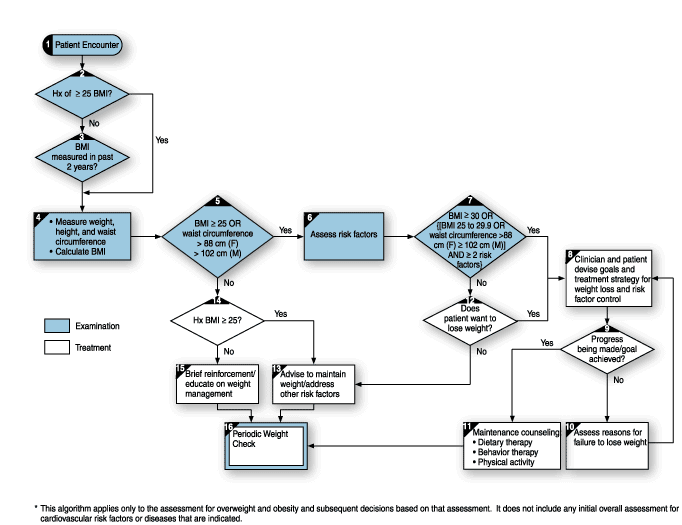FCA Introduces Investment Advice Assessment Tool to Enhance Compliance

On June 11, 2025, the Financial Conduct Authority (FCA) launched the Investment Advice Assessment Tool (IAAT), aiming to standardize the evaluation of investment advice suitability and enhance the quality of disclosure practices among financial firms. This new framework is expected to serve as a crucial benchmark for regulatory assessments, complaint handling, and redress reviews in the investment advice sector.
The IAAT builds upon prior frameworks, including the Defined Benefit Assessment Tool (DBAAT) and the Retirement Income Assessment Tool (RIAAT), but specifically targets investment advice given since January 3, 2018. According to the FCA, the tool provides a structured, Excel-based framework enabling firms to evaluate client fact-finds, assess the suitability of investment recommendations, and identify necessary disclosures regarding key risks and costs.
The introduction of the IAAT represents a strategic pivot in FCA oversight, shifting from principles-based supervision to a more operationalized review framework. Although the IAAT is not legally binding, it is likely to be heavily relied upon by the FCA, the Financial Ombudsman Service (FOS), and appointed Skilled Persons under Section 166 of the Financial Services and Markets Act (FSMA). Firms that do not utilize the IAAT may find it challenging to justify their advice in the event of complaints or regulatory inquiries.
Legal and regulatory implications of the IAAT are significant. It does not automatically determine the suitability of advice but serves as a guideline for firms to assess their compliance with regulatory expectations. The FCA's guidance makes it clear that material omissions, such as missing risk assessments or client objectives, will cause advice to be deemed unsuitable, potentially leading to compensatory payments in the case of complaints.
Firms are encouraged to adopt the IAAT framework not merely as a compliance tool but as an essential part of their risk management strategies. The FCA has emphasized that assessors should ideally hold a Level 4 investment advice qualification and possess relevant industry experience. This requirement underscores the importance of qualified reviewers in applying the IAAT effectively.
In response to the release of the IAAT, firms are advised to begin using the tool for any investment advice provided post-2018, particularly in contexts involving complaints or remediation efforts. Additionally, firms should audit their historical documentation to ensure that advice files contain complete records and that disclosures were accurate and transparent.
The IAAT reflects the FCA's broader Consumer Duty expectations, which mandate that financial advice must not only be compliant but also fair and comprehensible. This necessitates a shift in how firms conduct their operations, moving beyond mere disclosure tick-boxes to ensuring that advice is demonstrably suitable and clearly explained.
The implications of the IAAT extend beyond firms currently under investigation; it is becoming an integral part of the FCA's supervisory toolkit. As such, firms can expect the IAAT to play a role in proactive supervision, enforcement actions, and skilled person reviews.
In conclusion, the launch of the IAAT marks a critical development in the regulatory landscape for investment advice in the UK. Financial firms must adapt to this new standard to manage legal and regulatory risks effectively, ensuring that both their advice processes and historical file reviews can withstand the scrutiny now associated with the IAAT. As the financial services industry evolves, compliance with the IAAT will be essential for maintaining trust and integrity in investment advice.
Advertisement
Tags
Advertisement





